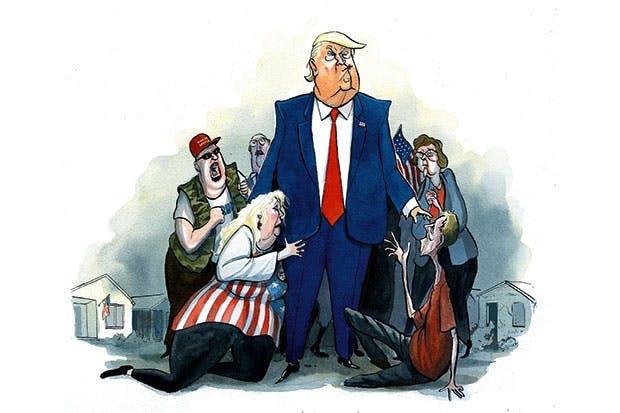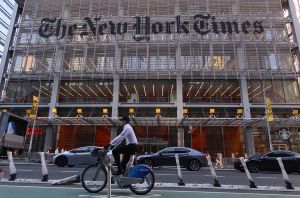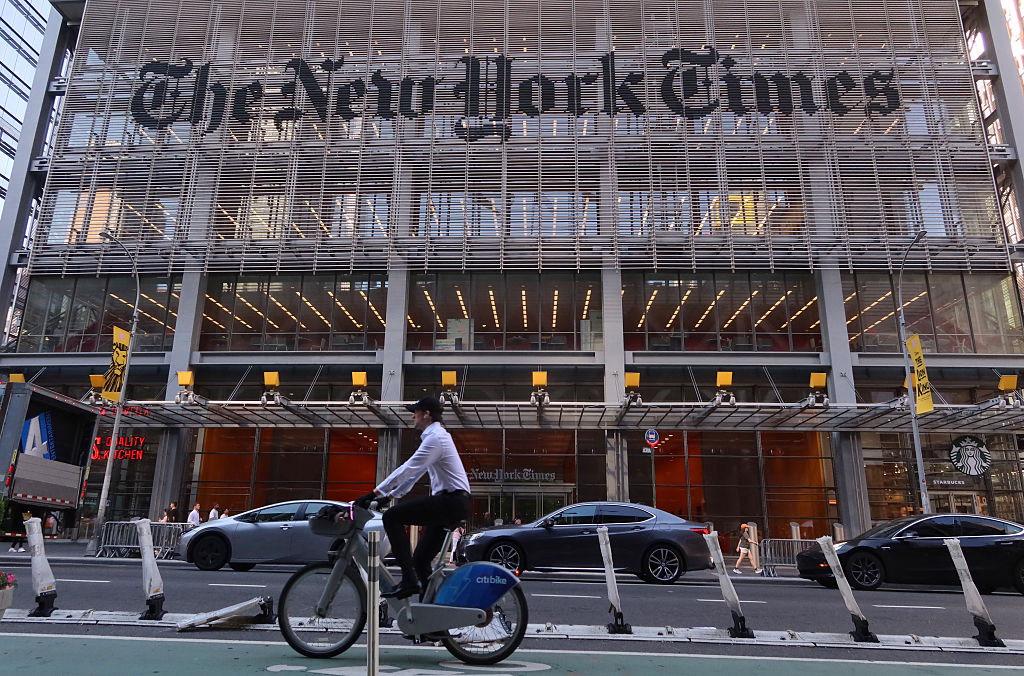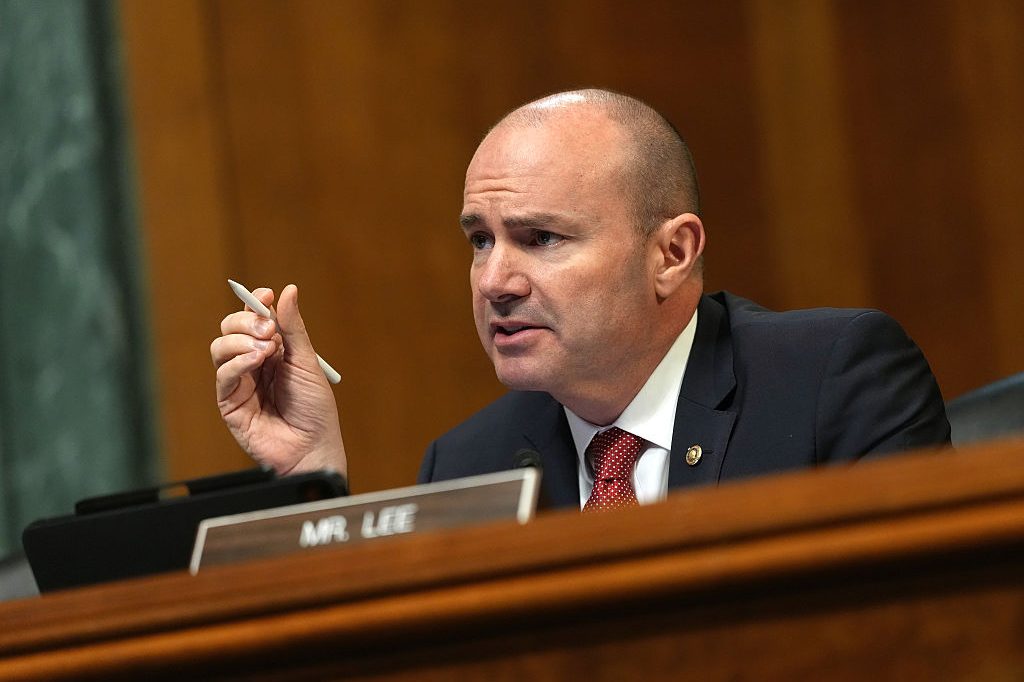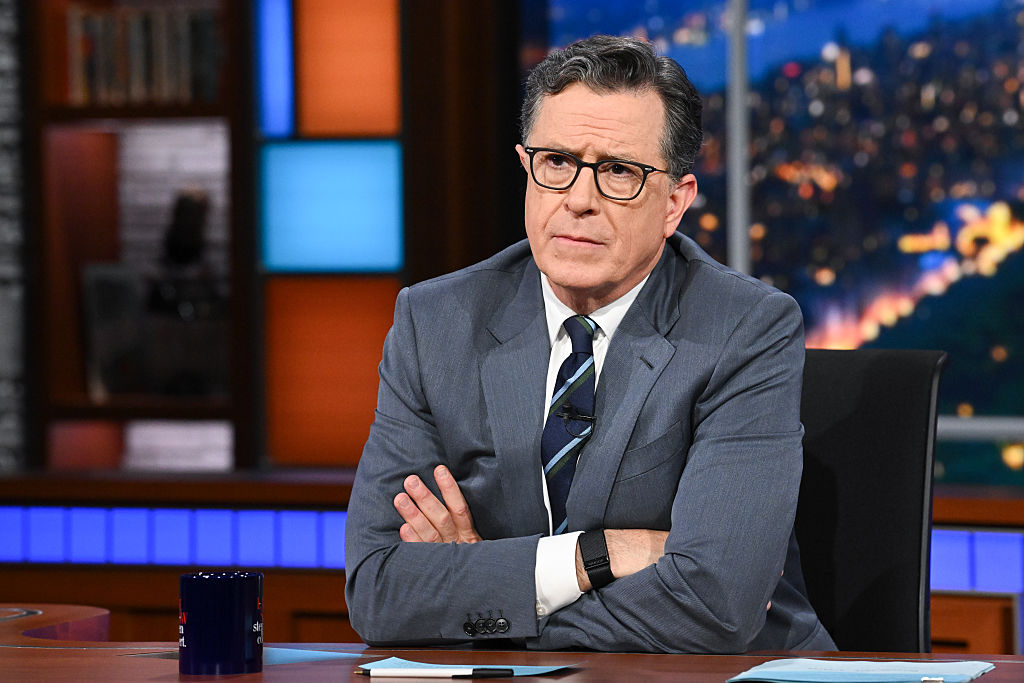’s imposition today of tariffs on 128 imports from the US was inevitable – and is no doubt exactly the reaction that Donald Trump wants, giving him the excuse to announce yet more tariffs in addition to those on steel and aluminium imports which he has already imposed. After all he did say, even before China announced any form of retaliation: “trade wars are good. It should easy for the US to win one”. A trade war is what he wanted, and what he has got.
But does he have any more of a strategy for his trade war than George W Bush had a plan for winning the peace in Iraq? There is an argument for saying that China will come off worse – on the basis that it exports far more to the US than travels in the other direction. Over the course of this century the US’s deficit with China has mushroomed to $375 billion. While US exporters face losing important markets, the value of US exports that are at stake is dwarfed by the value of Chinese goods which may be kept out of US markets. That ought to mean some US producers, at least, winning a greater share of domestic markets.
But the vast US trade deficit has another effect on the dynamics of a trade war. The bigger your deficit, the more than consumers stand to lose. Put simply, in China the effect of a trade war will fall more on producers than consumers; in the US it will be the other way around. If your job at a steel mill in Milwaukee is saved by Trump’s actions, you might have reason to thank him. If, on the other hand, your job was never in threat from Chinese competition but you find it harder to nose around WalMart for bargains, you might have less reason to thank Trump. The number of Americans who benefit from a trade war is going to be small, but the benefit to them will be great if it saves them from unemployment. The losers will feel less of an effect – through inflation – but their numbers are much more numerous. Politically, that ought to feed through into a few more votes in the rustbelt, but with the potential of losing more votes elsewhere.
There are two more considerations to throw into the pot, however. The overall effect of a trade war is almost always negative. A review of Bush’s 2002 steel tariffs concluded that they had cost 200,000 jobs in steel-using industries affected by higher input prices. That was more than the 190,000 people employed in the US steel industry at the time.
Secondly, there is the issue of tax. A tariff is, after all, just a tax – one which is specific to imports. It is a source of revenue which could potentially reduce the need to impose taxes on US industries and citizens – or could help to close the budget deficit a little without calling on US citizens. But I say potentially because a tariff will only raise revenue if it is not imposed at a punitive level which stops imports altogether.
The tariffs which Trump has announced so far – 25 per cent on steel and 15 per cent on aluminium – are at a pretty punitive level, though one which perhaps will not stop trade altogether. I suspect that tax revenue is not a great part of Donald Trump’s thinking, but there is perhaps a lesson from the Laffer curve to be taken here: there must be a optimum level for steel import tariffs which maximises revenue.
I am not a fan of trade tariffs, but in as much as they can be justified at all it is surely as a form of government revenue. And to be useful for that purpose they need to be set at a modest level. If I were advising Donald Trump and he told me he was absolutely determined to have a trade war I think I would advise him to look very closely at those tariff rates and think in terms of how much revenue he could extract from Chinese exporters, not how he could keep them out of the US altogether.



